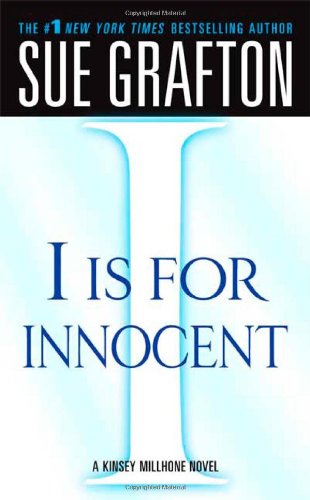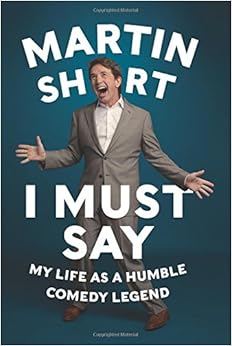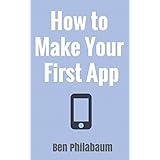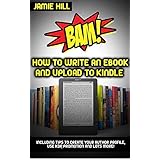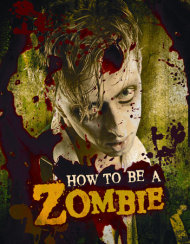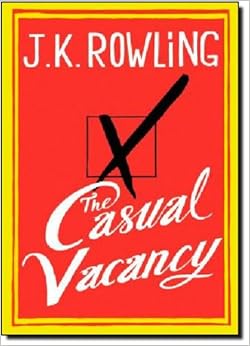
Had The Casual Vacancy been written by anyone other than J. K. Rowling, I probably would've given up on it a long time ago. Instead I kept coming back to it, and my "enjoyment" might have suffered because of it.
First off, it its neither Harry Potter nor Hogwarts, but I knew that going in. It's not a kids' book either. The language and situations are quite adult, even when it's handling the situations of teens in school from both sides of the tracks.
My biggest problem with the book was that I felt like I'd stumbled into a soap opera with a huge cast of characters, making it difficult to remember who was who and what they were involved in. (Can't tell the players without a scorecard, and all that.) I found it confusing to focus on what make be important because I really didn't know where the story was once I got past Barry Fairbrother passing away, leaving an open seat on the parish council, the term for which is a "casual vacancy". People then go to work scheming for that seat while a whole bunch of other stuff happens, which may or may not be relevant.
I stopped reading this several times, switching to other books and then returning. At one point, I heard that there would be an HBO adaptation, so I waited for that, hoping to get a better handle on the characters. While it worked for some characters, I realized pretty quickly that they'd changed some characters, reduced and/or eliminated others. I figured that they changed the storyline a bit given how much they had to condense it.
The downside to this approach is that after seeing the ending, I didn't know if I even wanted to finish the book. Not because I knew the ending, but because I thought it was a crappy ending and that I'd be wasting my time. But I also realize that they changed the story, so maybe they changed the ending. It turns out that they had, but I still hated it. The entire book seemed to be a pointless exercise, and maybe that was the point.
My reading list was started on paper to remind myself of the details of the books that I've read, to refresh my memory if I want to have a discussion about it, not to be a review blog. However, there isn't much about this that I want to remember that I think I'll need to be reminded of, so I'll leave that stuff out of this one.
I also have to trust my gut, and if I can't get past the second chapter, maybe I shouldn't bother. If it takes me two years, off and on, to read a book, then there are better choices out there, regardless of the name on the cover.
